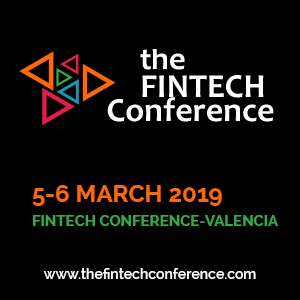By Cathy Yang
If a bank is serious about going digital, it needs to do more than just use the latest gadgets to make transactions easier, it also needs to embrace the disruptive advances in fintech or financial technology, according to the boss of UnionBank.
This means tapping blockchain, the technology behind bitcoin and other cryptocurrencies, said UnionBank president and CEO Edwin Bautista.
“The blockchain technology is one of those technologies that are predicted to really alter the face of banking,” Bautista said in an exclusive interview with ANC’s The Boss.
Last January 22, UnionBank announced that it would offer the country’s first blockchain payment system for businesses called Visa B2B Connect.
By using blockchain, the Visa B2B Connect allows fund transfers to be completed in real time or within 24 hours instead of 3 to 5 days using conventional channels. The system is also predicted to lower transaction costs when it becomes fully operational later this year, according to UnionBank.
“At the start, we said we need to defend ourselves against the fintechs (financial technology firms) that will be encroaching on our space, then it dawned on us that… Hey, this is an opportunity to enter a new market for us, and at the same time we help the economy, we help the country.”
Bautista acknowledged that blockchain is commonly associated with cryptocurrencies such as bitcoin whose value has fluctuated wildly in recent months.
“A lot of people will still associate blockchain with bitcoin, and because of that you have that negative impression of blockchain, but they are two different things. One is just simply riding on the other,” he said.
FROM COUNTING MONEY TO WRITING CODE
In its digital pivot, UnionBank has introduced The Ark, a bank branch where customers are handed iPads instead of paper slips, and where virtual reality is used to allow customers to “experience” a car or house before they get a loan for these.
But beyond VR and blockchain, UnionBank is also “retooling” its workforce so they can better adapt to digital banking.

“We already started training them on things like coding, our tellers have undergone coding,” Bautista said.
The shift is a difficult process, but the company is optimistic since employees are receptive to acquiring new skills, he said.
A 40-year old staff who had no previous experience in coding became the “topnotcher” of their training seminar in Cebu. Bautista said this proved that it was never too late to learn new skills.
As much as possible, UnionBank does not want any of its workers to be laid off during its digital pivot.
Bautista said that some of their staff who will not be able to adapt to the bank’s digital transformation may be transferred to their subsidiaries.
“When you look at some of the rural banks that we have been buying, a lot of that would still be face to face when we got out there in the provinces.”
The lender is set to open 10 other digital bank branches similar to The Ark across the Philippines this year.
Bautista said he hopes to complete UnionBank’s digital transformation in 3 years.





























